Education System
Picturesque campus, fun activities, friends for life: You find all of this at UKiM. But first and foremost, you find a education quality like no other.
From the academic year 2005/2006, the Faculty of Medicine in Skopje started applying the European Credit Transfer System (ECTS) in its undergraduate educational process, as a new system of academic recognition of studies, which aims to ensure the creation of a creatively oriented and appropriately motivated student towards the studies. The student will be mobile on a national and international levels, which will ensure international competitiveness in the European intellectual space.
In this new study system, developed by the European commission, and based on three basic elements: complete information about the study program and the students’ engagement; agreement between the partner institutions and the student; and using credits as a measure of student engagement.
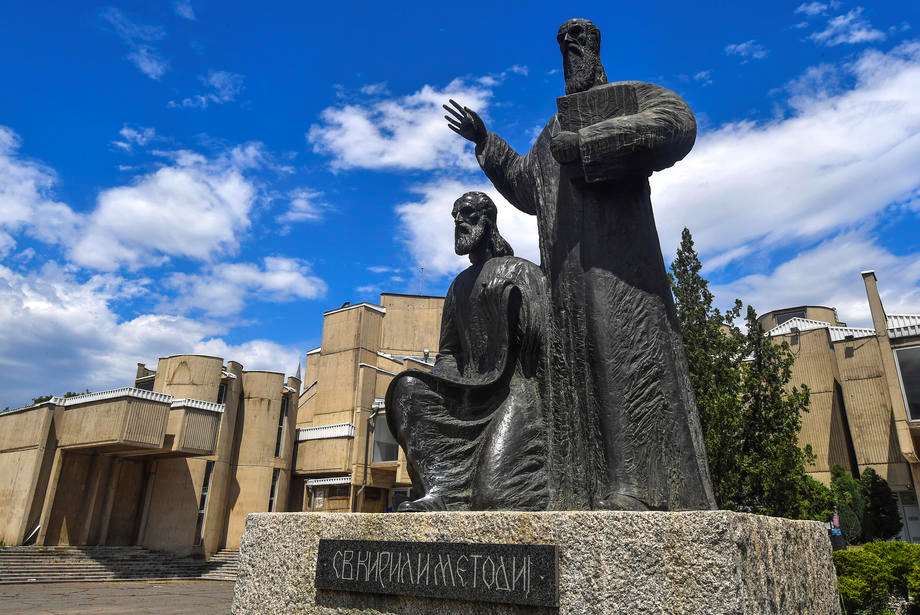
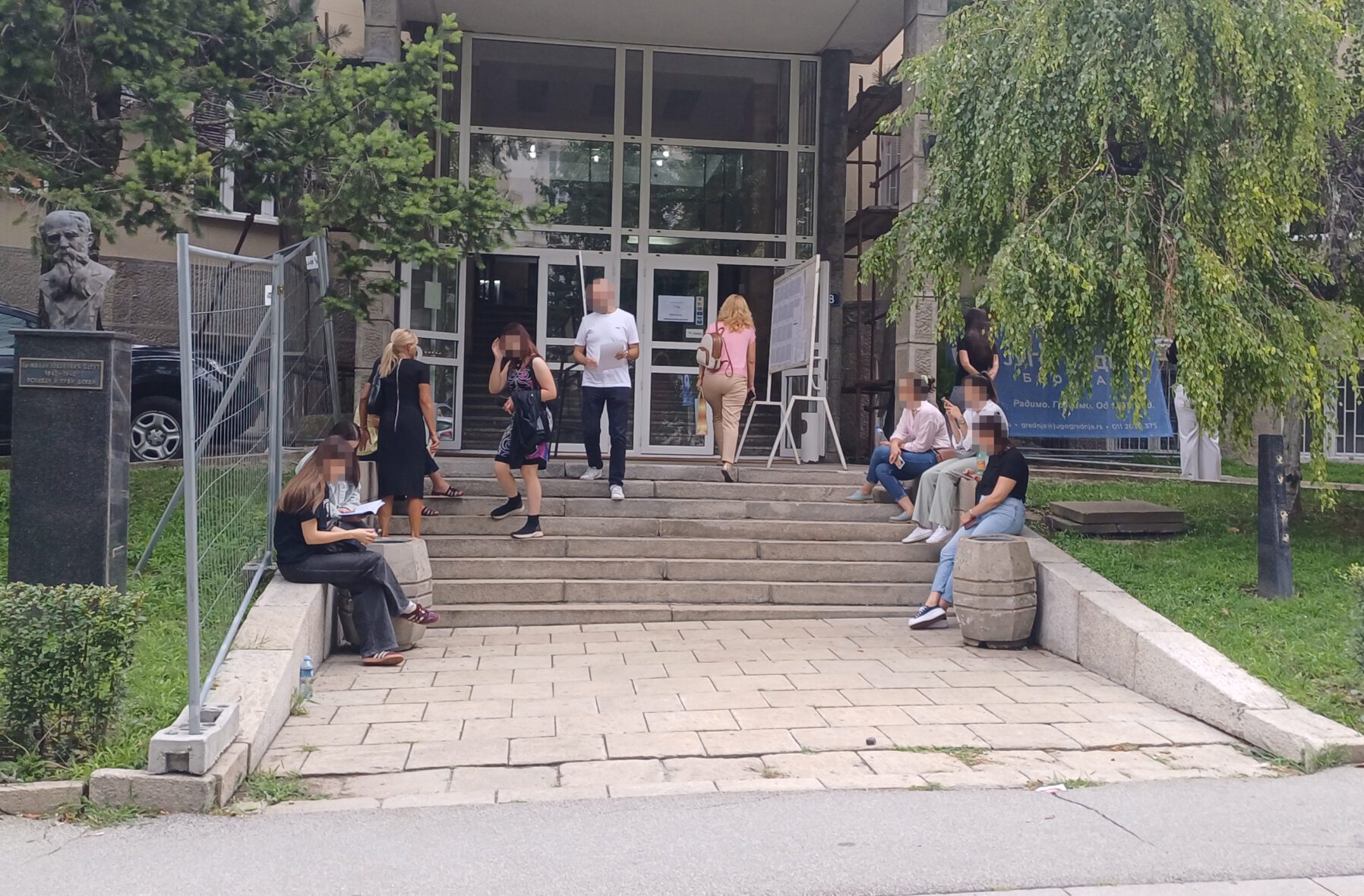
Study Organization
The integrated studies of General Medicine are arranged in six years, i.e. 12 semesters, the four-year academic studies for speech therapists in 8 semesters, and the three-year vocational studies in 6 semesters. During the studies, the student has to choose a particular number of the offered elective subjects (5 for General Medicine, 4 for the Academic studies and 3 for the Three-year vocational studies). During a single semester, the student can enroll in up to two elective subjects. The number of students that can enroll in the same subject in one semester is at least 10, and up to 25 students.
The study process at the Faculty of Medicine is realized through: lectures, practical training (practical lessons, workshops, stays) and seminars.
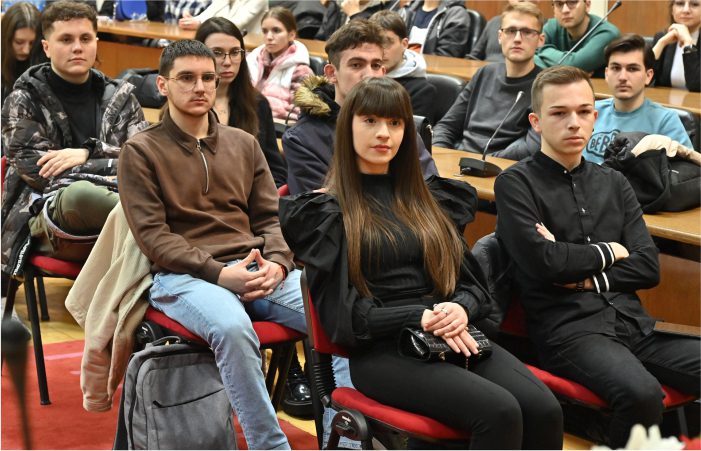
The Lectures
are conducted by professors and they can be attended by all students. They are usually designed as interactive lessons for approximately 100 students and they can include particular student activities (seminar paper, problem presentation, case study). They provide the students with a cross-section of the central themes contained in the subject.
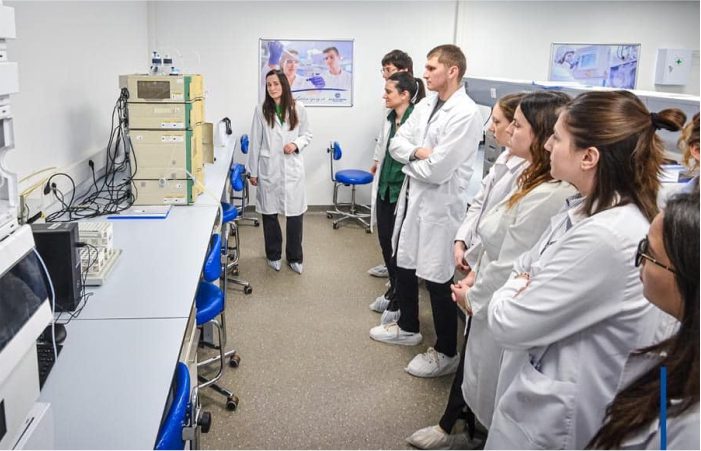
The Practicals
training (practical courses, practical lessons, workshops) is conducted by professors and/or assistant professors (assistants) and it has the task of applying the practical knowledge and making the student capable of practically employing the theoretically mastered knowledge.
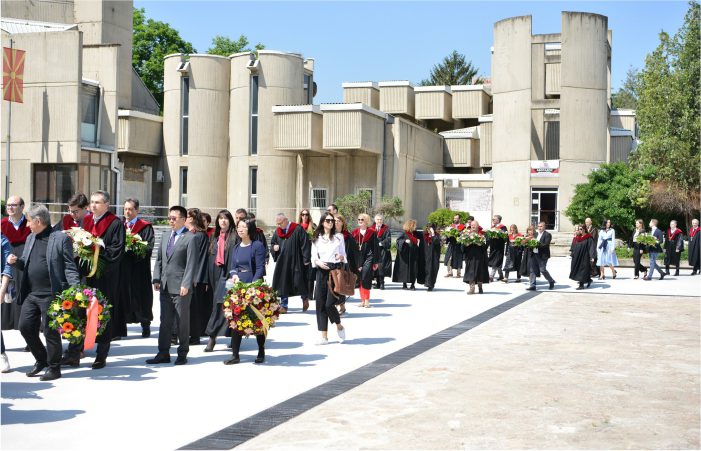
The Seminars
represent a different form of training intended for a particular group of students (maximum of 50 students), where the topics mentioned in lectures or read in the professional literature are discussed. At the seminars, the students participate actively, have the ability to express their personal opinions, ideas, discuss, and present orally/in writing their newly obtained knowledge.


